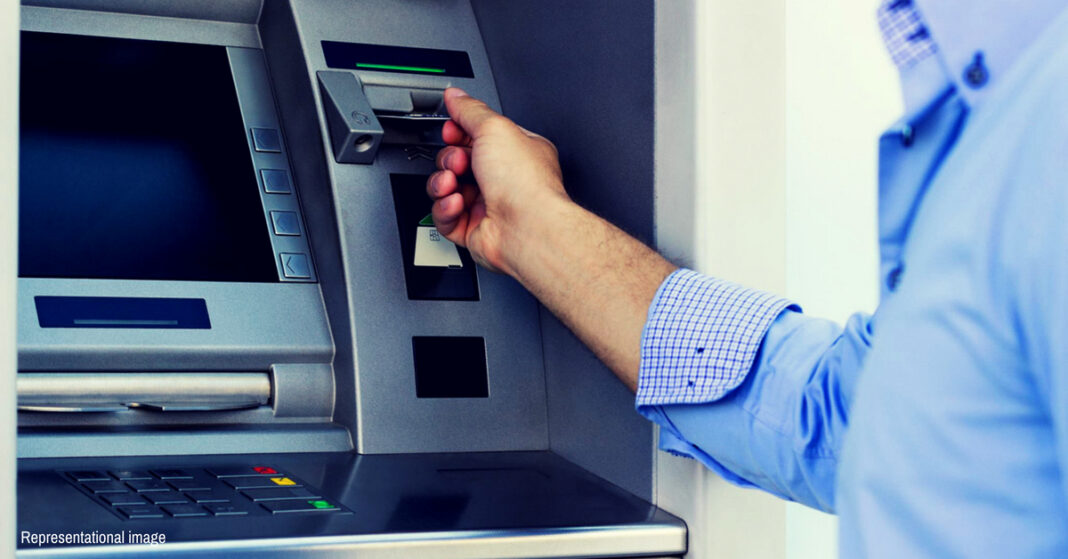Adding a cash machine to your business premises can provide several benefits that go beyond just providing cash access. It’s not only a convenient service for customers but also a potential revenue source for business owners. Here is a detailed article of why installing an ATM could be a game-changer for your business.
Increased Revenue
Having a cash machine in your business can directly boost your revenue. The most obvious way this happens is through the surcharge fees that customers pay to withdraw cash. These small amounts can quickly add up, especially if your business is in a high-traffic area. More foot traffic means more people using the ATM, resulting in consistent income from these fees. Additionally, the presence of an ATM often leads to more customers spending their withdrawn cash on your products, thereby increasing your sales.
Improved Customer Convenience
Customers appreciate the convenience of having a cash machine available when they need cash quickly. It saves them a trip to the bank or another ATM location, which can be a significant advantage, particularly in cash-only businesses or areas where card payments aren’t always possible. By offering this service, you’re making it easier for customers to complete their purchases and enhancing their overall shopping experience.
Reduced Card Processing Fees
Every card transaction incurs a fee for the business owner. By providing an on-site cash machine, you encourage more cash transactions, which reduces the volume of card payments. This can significantly lower your card processing fees over time, saving you money. Fewer card transactions also mean fewer chances of dealing with chargebacks and disputes, simplifying your accounting processes.
Increased Foot Traffic
An on-site cash machine can attract more people to your business. Even those who initially come just to withdraw cash might decide to make a purchase once inside your store. This increased foot traffic can lead to more sales, making the ATM a double asset. It’s not just about the extra income from the machine; it’s also about the potential customers it brings to your doorstep.
Employee Benefits
Having a cash machine in your business isn’t just beneficial for customers; it’s also convenient for your employees. They can access cash quickly and safely without needing to go off-site, which is especially useful for those who prefer cash transactions. This added convenience can improve employee satisfaction and make your business a more attractive place to work.
Enhanced Security
A cash machine can also serve as a secure way to handle cash within your business. Instead of keeping large amounts of money in the register, you can use the cash from the machine to restock as needed. This reduces the risk of theft and helps keep your business safer. It’s an additional layer of security that can provide peace of mind to both you and your staff.
Conclusion
Incorporating a cash machine into your business can provide numerous advantages. It not only generates additional revenue through surcharge fees but also boosts sales by encouraging more cash transactions. Customers benefit from the convenience of quick cash access, while businesses enjoy reduced card processing fees and increased foot traffic. Moreover, it offers a secure way to handle cash within the business. Whether it’s for customer satisfaction or operational efficiency, a cash machine can be a valuable addition to your business strategy. Consider these benefits and assess how an ATM could enhance your business environment.
FAQ
1. What are the main benefits of having a cash machine?
Having a cash machine (ATM) can increase foot traffic, provide convenience for customers, generate additional revenue through transaction fees, and enhance customer satisfaction by allowing quick access to cash.
2. How can an ATM attract more customers to my business?
An ATM can draw in customers who need cash, especially in areas where businesses are cash-only. It can also attract nearby residents or visitors looking for convenient banking options, increasing overall sales.
3. What revenue streams can an ATM provide?
You can earn revenue through transaction fees charged to customers using the ATM. Additionally, you may benefit from increased sales as customers withdraw cash specifically to spend at your business.
4. Does installing an ATM enhance customer convenience?
Yes, having an ATM on-site allows customers to withdraw cash without needing to visit a bank or another ATM. This convenience can improve customer satisfaction and encourage them to spend more at your business.
5. What are the operational costs associated with having an ATM?
Operational costs may include the purchase or lease of the machine, maintenance, cash replenishment, transaction processing fees, and any applicable service contracts. It’s important to budget for these expenses.
6. How does an ATM improve security for cash transactions?
An ATM reduces the need for employees to handle large amounts of cash directly, minimizing the risk of theft or robbery. It can also provide a secure way for customers to access cash without having to leave the premises.
7. Can an ATM be customized for my brand?
Yes, many ATM providers offer branding options, such as custom wraps or screen displays that feature your logo and promotions. This can enhance your business’s visibility and create a cohesive brand experience.
8. Is it easy to manage the cash flow for an ATM?
While managing cash flow for an ATM requires some oversight, many providers offer services to handle cash replenishment and maintenance. Monitoring transaction data can help you optimize cash levels and reduce downtime.
9. What impact does having an ATM have on my business’s reputation?
Installing an ATM can enhance your business’s reputation as a customer-friendly establishment that prioritizes convenience. It signals to customers that you are accommodating their needs, which can lead to increased loyalty.
10. Are there any legal considerations for installing an ATM?
Yes, you need to comply with local regulations regarding ATM installation, accessibility standards (like ADA compliance), and financial service requirements. It’s advisable to consult with local authorities or legal experts to ensure compliance.







